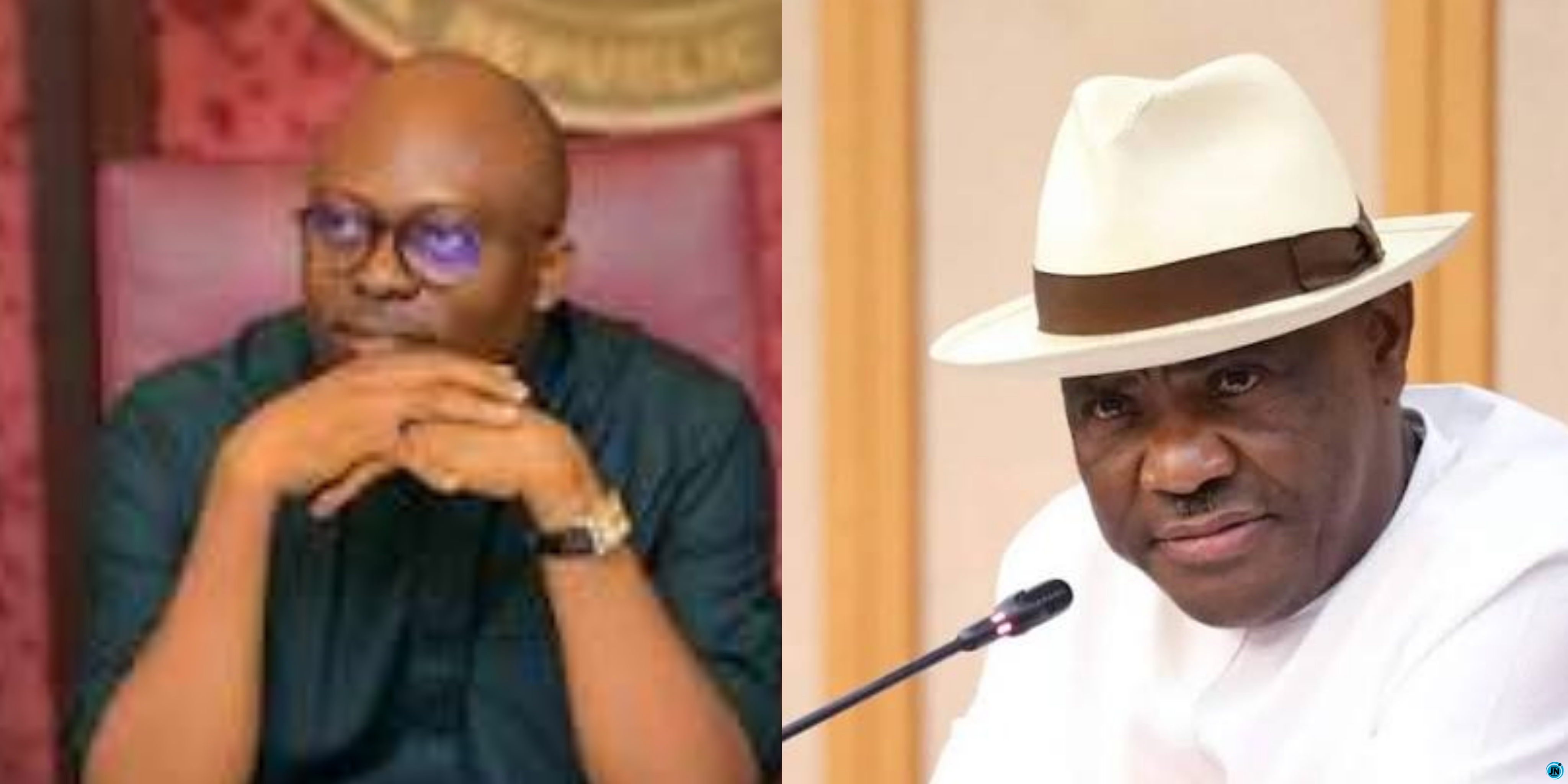
Rivers State Governor, Siminalayi Fubara, has officially confirmed that he and the Minister of the Federal Capital Territory, and former Rivers governor, Nyesom Wike, have finally reconciled after months of political tension and division in the state.
Governor Fubara described the reconciliation as a breakthrough and a significant milestone in the political history of Rivers State, stressing that it marks a new chapter of peace, stability, and cooperation. According to him, both he and Wike have agreed to put aside personal and political grudges in order to work together for the greater good of the state and its citizens.
He made the announcement during a public address on Friday, where he assured residents that the reconciliation will pave the way for more effective governance. Political analysts and residents of Rivers State have welcomed the news, describing it as a relief after months of uncertainty and tension.
Background of the crisis
The governor’s remarks come against the backdrop of long-standing political clashes between his administration and loyalists of Nyesom Wike. These disputes at one point led to a breakdown in communication between both camps, legislative standoffs, and disruptions that threatened governance and development projects in the state.
For months, the tension created uncertainty among residents, with many expressing fears that the crisis could escalate further and negatively impact stability in Rivers State. The reconciliation is therefore being seen as a move to end hostilities and restore normalcy.
Unity and forward focus
Governor Fubara emphasized that peace and unity were necessary if Rivers State must progress. He highlighted that the focus going forward will be on building infrastructure, boosting the state’s economy, improving education, and ensuring the welfare of the people. He urged the people of Rivers to embrace peace and support their leaders in working together harmoniously.
“This reconciliation is not about me or about Wike. It is about the future of Rivers State,” Fubara declared, adding that unity will ensure that governance becomes more effective and inclusive for every citizen of the state.
Emergency rule paved the way
The reconciliation did not happen overnight. It followed a period of six months of emergency rule imposed by President Bola Tinubu in March 2025, which temporarily suspended Governor Fubara, his deputy, and members of the State House of Assembly. During this time, mediation efforts were intensified, creating the space for dialogue between both sides.
Governor Fubara acknowledged that the emergency period, though challenging, became an opportunity to resolve deep-seated differences. He credited President Tinubu for his decisive role in brokering peace, describing him as a leader who chose dialogue over division.
All parties bury the hatchet
According to Fubara, all key political stakeholders, including Wike, members of the State House of Assembly, and other party loyalists, agreed to put aside their differences and embrace reconciliation. He said this decision was not just about politics, but about putting Rivers State first.
The governor concluded by calling on the people of Rivers to remain hopeful and united, promising that his administration, in collaboration with Wike and other leaders, will deliver on their promises. “This is a historic moment, and it belongs to every son and daughter of Rivers State,” he stated.
The reconciliation has already sparked discussions across Nigeria, with many seeing it as an example of how dialogue and mediation can resolve political crises that threaten governance and stability.